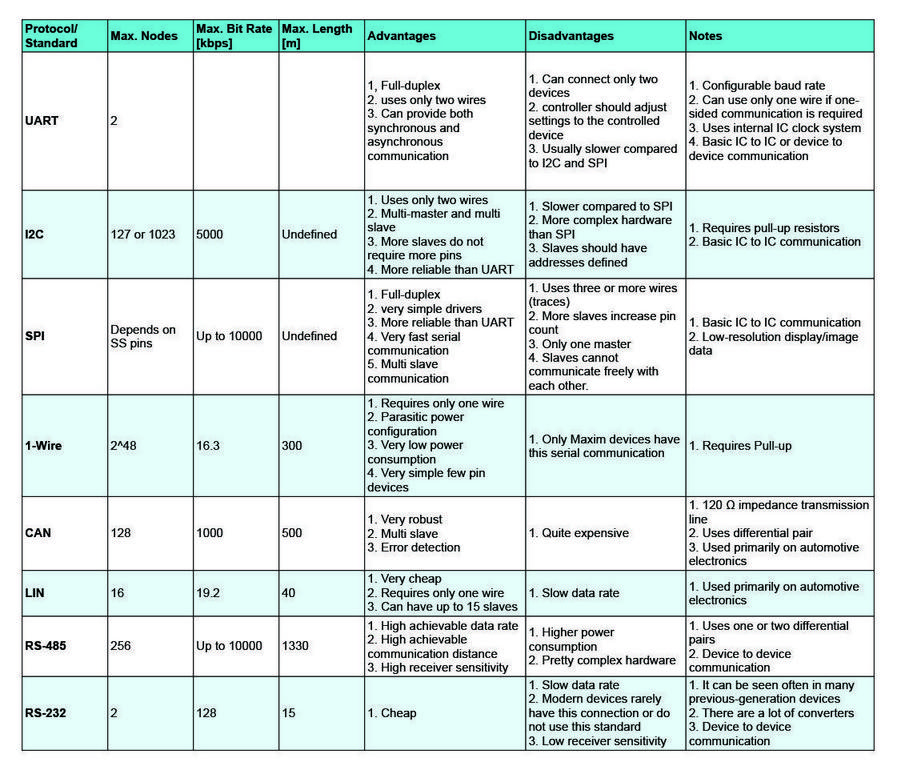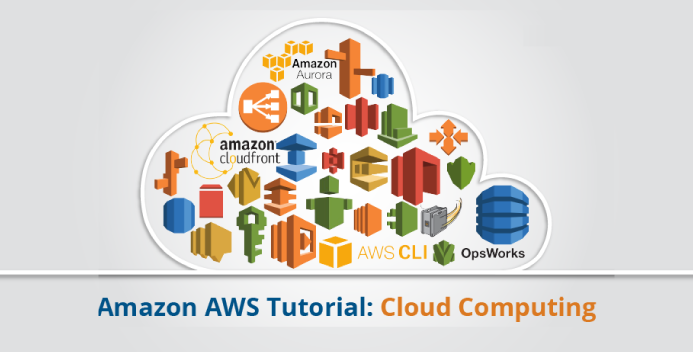
If you're looking to improve the security of your website, HTTPS is a good place to start. It prevents your website from being hacked, and makes it difficult for hackers steal financial or personal information. Here's why you should use it and how to implement it.
Why is HTTPS so important?
In the first place, it encrypts communications between your webserver and a user's browser. This ensures only you and your web server can access the data. In other words, it acts like a lock on a box that keeps all the contents inside secure and unreadable by anyone else.
It's also a way to show that you care about the privacy of your users and protect them from identity theft and other data breaches. A green padlock icon alongside the domain name within your browser address bar is a common sign of an SSL secured site.
Search engine rankings
A secure site can also help with SEO. Google has a policy of favoring sites that use HTTPS. This is good for your business as more people will come to your site and stay longer.

SSL has many benefits. It's worth investing in to protect the private information of your customers. It's especially essential for e-commerce websites, as they often store and process sensitive information such as credit card numbers.
Visitors want to know their information is safe when purchasing on your site. It's important that they see the padlock and SSL in your address bar.
When they are unsure if your website is trustworthy, the padlock helps them decide. This will make them more trusting of you and your company, as well as encourage them to continue shopping with you.
It also gives you a higher ranking in search engines as Google has made it clear that it values security over any other factor. It is possible to get that boost with minimal impact to your SEO campaign by changing from HTTPS to HTTP.
How to switch from one service provider to another?
You will need to update your site with a new SSL Certificate to make the switch. It can be a bit tricky, but it is worth the effort.

To make this transition, you need to be patient and to take your own time. Change your internal and relative URLs. Update your image tags. Make sure your CDN is compatible.
It's also a good idea to let Google know about the transition so that it can index your site more quickly and properly. Get an SSL certification that offers extra benefits.
FAQ
How much do web developers make?
Working on a website yourself will likely earn you between $60 and $80 an hour. If you are looking to make more money, it is worth considering becoming an independent contractor. The hourly rate could be anywhere from $150 to $200
What is a "static website"?
A static website is a site where all content are stored on a server, and visitors can access it via web browsers.
The term "static", refers to the absence or modification of images, video, animations, and so forth.
This site was originally intended for corporate intranets. However it has since been adopted and modified by small businesses and individuals who require simple websites without complex programming.
Because they are easier to maintain, static sites have been growing in popularity. They're easier to update and maintain when compared to a fully-featured website with many different components (such as blogs).
They also load more quickly than dynamic counterparts. This makes them perfect for users who are using mobile devices or have slow Internet access.
Static websites are also more secure than dynamic ones. A static website is impossible to hack. Hackers have limited access to data within a database.
There are two main methods to create static websites:
-
Using a Content Management System (CMS)
-
Create a static HTML web site
The best one for you will depend on your specific needs. A CMS is my recommendation if your first website was created.
Why? Because it gives you complete control over your website. With a CMS, you don't need to hire someone to help you set up your site. You just need to upload files to your web server.
Still, you can learn to code and create static websites. However, you will need to put in some time to learn how to program.
Can I make my website using HTML and CSS?
Yes! If you've been following along so far, you should now understand how to start creating a website.
Now that you are familiar with how to create a website's structure, you will also need to be familiar with HTML and CSS programming.
HTML stands as HyperText Markup Language. This is like writing a recipe. You'd list the ingredients, instructions, along with directions. HTML also tells a computer what parts of text should be bolded, underlined or italicized. It's the language for documents.
CSS stands for Cascading Style Sheets. You can think of CSS as a style sheet for recipes. Instead of listing each ingredient or instruction, you will write down the general rules for font sizes and spacing.
HTML tells the browser how a page should look; CSS tells it what to do.
If you don't understand either of those terms, don't fret. Follow the tutorials and you will soon be creating beautiful websites.
Statistics
- In fact, according to Color Matters, a signature color can boost brand recognition by 80%. There's a lot of psychology behind people's perception of color, so it's important to understand how it's used with your industry. (websitebuilderexpert.com)
- Did you know videos can boost organic search traffic to your website by 157%? (wix.com)
- At this point, it's important to note that just because a web trend is current, it doesn't mean it's necessarily right for you.48% of people cite design as the most important factor of a website, (websitebuilderexpert.com)
- It enables you to sell your music directly on your website and keep 100% of the profits. (wix.com)
- Studies show that 77% of satisfied customers will recommend your business or service to a friend after having a positive experience. (wix.com)
External Links
How To
What is website Hosting?
Website hosting refers simply to the place that people visit when they visit a website. There are two types of website hosting:
-
Shared hosting is the cheapest. Your website files reside in a server managed by another company. Customers visiting your website send their queries over the Internet, to that server. You then receive the request from the owner of the server.
-
Dedicated hosting - This is the most expensive option. Your website is located on only one server. Your traffic stays private as no other websites can share the same server.
Most businesses choose shared hosting because it's less expensive than dedicated hosting. The company hosting the server will provide the resources necessary to manage your website.
However, both have their advantages and disadvantages. These are some of the major differences between them.
Shared Hosting Pros
-
Lower Cost
-
Easy to Setup
-
Frequent Updates
-
It can Be Found On Many Web Hosting Companies
You can get shared hosting for as low as $10 per monthly. But keep in mind that this price usually includes bandwidth. Bandwidth describes the amount of data that can be transferred over the Internet. Even if you upload only photos to your blog you might still have to pay more for large amounts of data that you transfer through your account.
You'll soon realize why your old host cost so much once you get started. Most shared hosts have very poor customer support. Although they will help you set up your site occasionally, you are on your own once you have done that.
You'll want to look into a provider that offers 24-hour phone support. They will help you deal with any issues that arise while your sleeping.
Dedicated Hosting Cons:
-
More Expensive
-
Less common
-
Requires special skills
With dedicated hosting, all you need to maintain your website are provided. You don't need to worry about bandwidth usage or RAM (random access memory).
This means that upfront, you'll need to spend a bit more. But once your online business starts, you'll realize you don't need any technical assistance. You will become an expert in managing your servers.
So Which Is Better For My Business?
The answer will depend on the type and purpose of your website. If you're selling products only, shared hosting might work best. It is simple to set up and easy to maintain. A server shared with several other sites means that you will receive frequent updates.
However, dedicated hosting can be a great option if you're looking to build a community around the brand. It allows you to focus on building your brand and not worrying about managing your traffic.
Bluehost.com has both. They offer unlimited data transfers per month, 24/7 support and free domain registration.